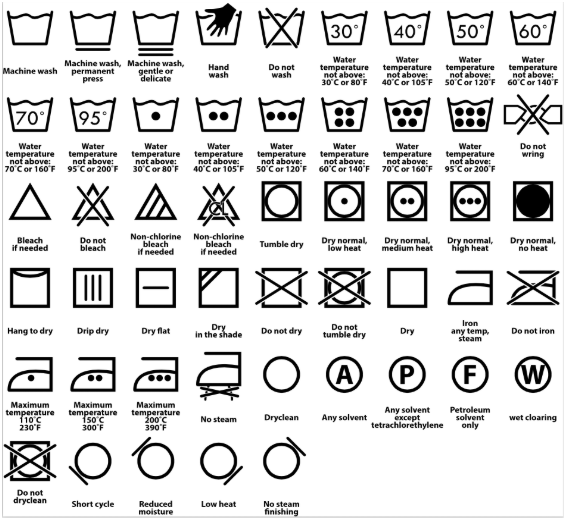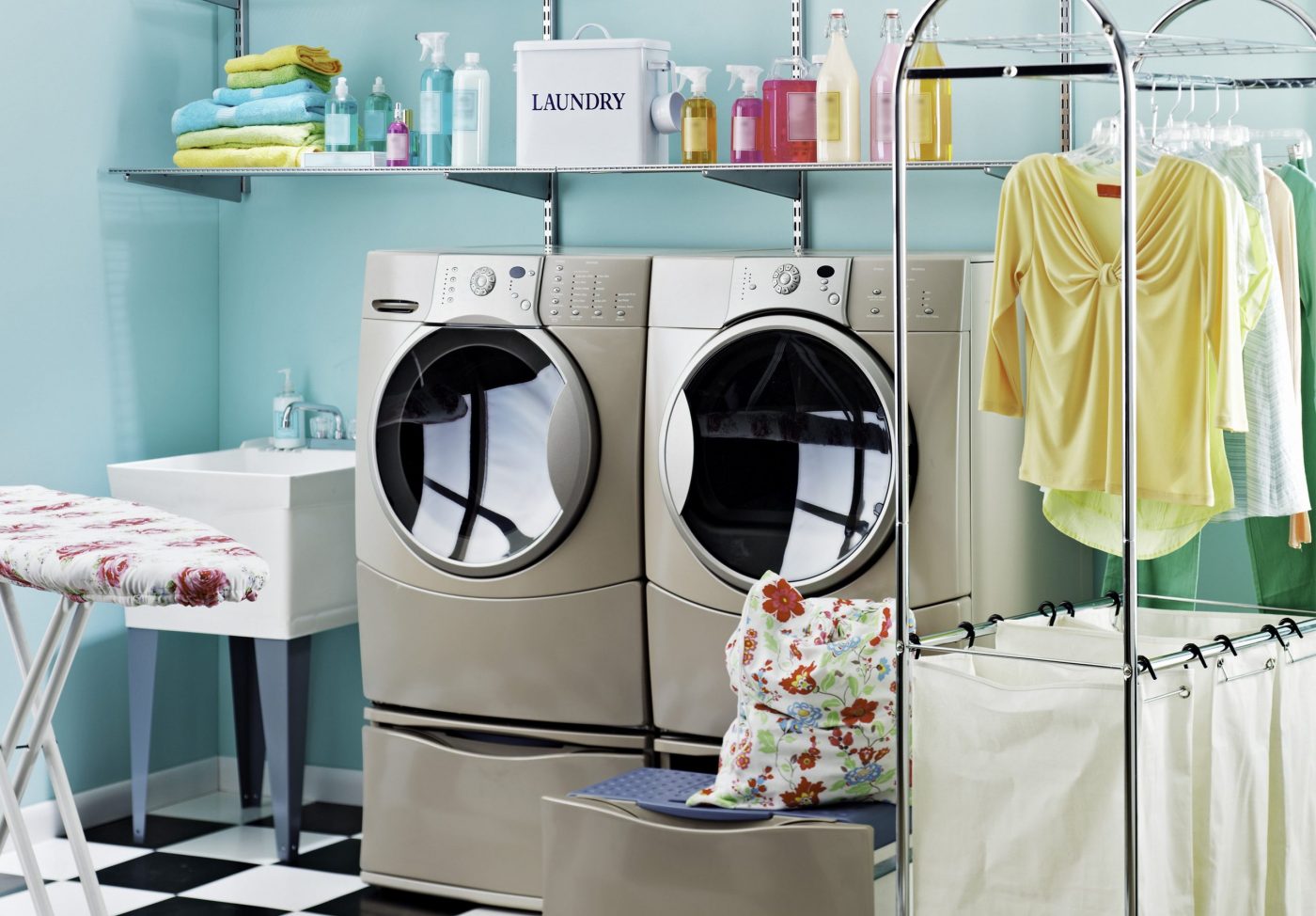Laundry service is an age-old profession that has always required special skills. Share on XSome form of housekeeping laundry service has been around for a long time now. Ever since humans started wearing clothes, laundry made its entrance.
Of course, before the washing machine was invented. People would use rivers and hands to clean their clothing. In some parts of the world, this practice still exists. The use of rocks or other natural materials to press and pound the clothes against.
The first drier/iron was invented in the 1600s. And the 1800s shows proof of the first washing ‘machine’.
The first electric washing machines weren’t invented until the 1920s. And then in 1937, the first automatic electric washing machine was invented. (Meaning no human involvement apart from loading the machine). It revolutionised the way that washing was done in the modern and western world.
How important are laundry skills for the domestic housekeeper?
Clothing always precious. Regardless of the cost of the item itself. We always want someone to handle our property with care. In some cases, individual clothing can be extremely valuable. And in rare cases, they can be one-off couture pieces. Which are one of a kind. The way they are handled and cleaned is vital to the longevity of the item. An error can be devastating and impossible to fix.
We’ve all heard the horror stories of cashmere jumpers being put in the washing machine. Or silk dresses being put in the dryer. The domestic housekeeper has the highest level of responsibility with the clothes that they care for. How they approach the laundry is a vital and important skill.
What are the laundry SOPs (standard operating procedures) for the domestic housekeeper?

- READ the label. This is a 101 common mistake and leads to damaging clothes. You need to understand what each label means.
- Always separate your laundry. Whites, lights, darks and delicates.
- Check – pockets, close zippers, denim should be turned inside out. Pre-treat any stains. Always place delicates into a mesh bag
- Cold Water: Fine fabrics, delicates, denim, sweaters and anything that might run colour or shrink.
- Warm Water: Whites and lights.
- Hot Water: Heavy stains and for disinfecting dish and bath towels. Some people like to wash the white linen at high temperature to also help whiten.
- Fabric softener – conditioner to keep towels soft and fluffy. Also prevents static.
- Chlorine bleach – helps to brighten the whites. Never use on colour fabrics.
- Colour-safe bleach – safe to use on colours and remove stains. However, it does not disinfect clothes.
- Firstly, read the manual! Every washing machine has different settings. Take the time to study the manual and understand what the best settings are. As a general guide, regular/normal setting with fast spin is good for linen, cotton, denim, towels. Delicate with slow spin good for silks, wool, lingerie etc.
- Secondly: If in doubt – hand wash! Use a basin or sink, fill with warm water and a little detergent. Make sure to check which type of fabric you are using. And follow guidelines (for example see Silk, Lace or Wool module).
- Finally: when using the dryer, again use with care and ensure you read the manual. High heat settings can cause shrinkage or damage to clothes!
- You can add two clean tennis balls into the dryer. This stops sheets from getting tangled.
How can you perfect this skill?
Practice makes perfect!
It is always a good idea to get professional guidance and training. To ensure you are 100% clear and won’t make any mistakes. Most people make mistakes without malicious intent. A genuine human error! But in training, you can use a safe space to ask questions and make mistakes which won’t affect your career prospects. Many principals and people who employ housekeepers, use training to help improve their skills. And ensure that their housekeeper is 100% confident.
Polo & Tweed offer housekeeping skills training specifically in laundry and clothing maintenance and care. We also offer training in the care of fine garments. From silk, velvet, wool, fur and lace. We can extend the training into wardrobe management, and packing and unpacking should it be required.
Why not get in touch with us today to discuss how we can help you or your staff with your specific housekeeping training.

